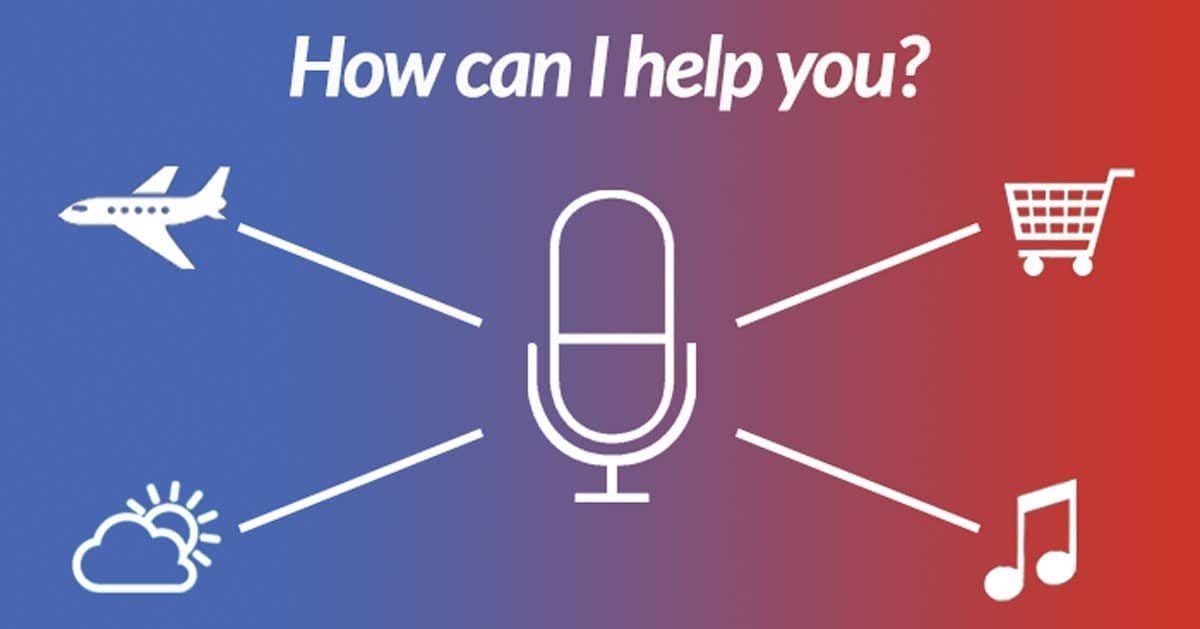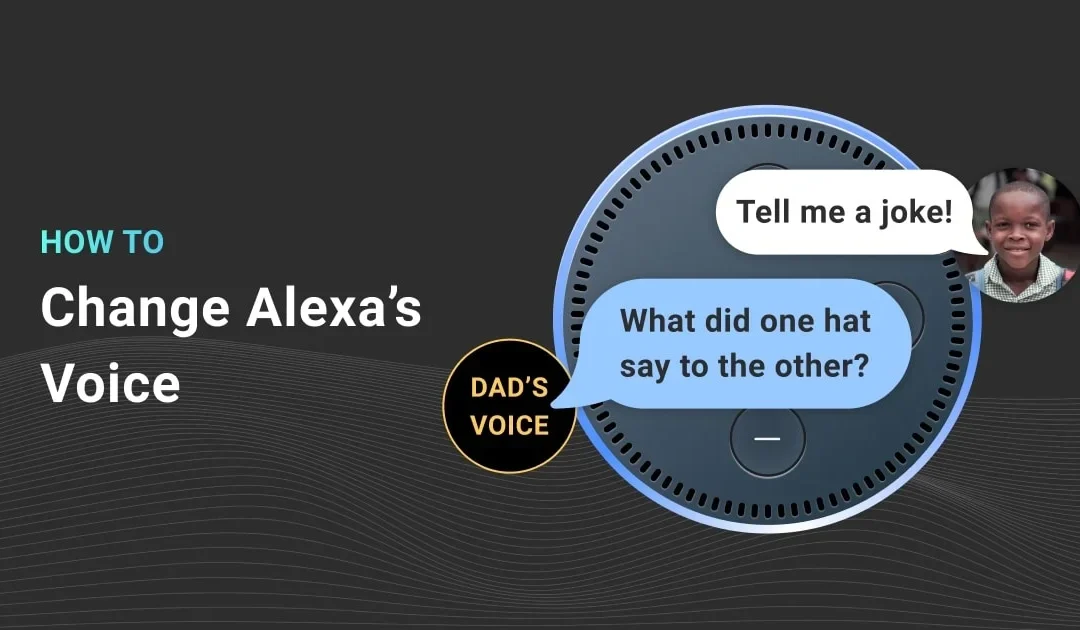Conversational AI is changing the way we interact with the world around us the same way text-based search changed our pace and pathway to information discovery on the Web years ago. In 2012, the onslaught of semantic search, improvements in Natural Language Understanding (NLU), and advanced Machine Learning (ML), coupled with the expansion of Knowledge Graphs laid the groundwork for conversational intelligence, revealing a unique ability for technology to understand the meaning and intent of words. The capability of search to understand long-form queries and more accurately answer questions, combined with the increasing penetration of smartphones, charted a course towards the voice revolution happening now. People’s behavior shifted from searching the web via simple keywords to using long-tail phrases and asking questions.
Predictions by ComScore estimate that more than 50% of searches will be voice-based by 2020, Google says 20% of current searches are through voice, and Gartner reports within two years, 30% of web browsing will be done without a screen. The ability to transform speech to text in the form of keywords, coupled with new technologies including smart devices, cars, homes etc., plus the shifting trend in consumers using voice to drive their actions, represent catalysts for conversational AI. Today, technology can translate and analyze a voice query, surface the most relevant answer using machine learning, convert it from text to speech, and provide the exact answer in seconds through verbal exchange. Voice interactions are inevitably changing the way we do business and how we fundamentally engage with the world around us.
The impact of the voice search revolution from business to end-user
In 2012 and beyond, long-tail queries dominated roughly 70% of searches evolving from one or two keywords like, “Time NYC” to more conversational, literal formats like, “What is the time difference between New York and London?” Natural Language Understanding and semantic search technology made it possible to decipher user intent based on context, even with words that had multiple meanings. A search for the phrase “blue moon” was correctly differentiated from “Blue Moon” the beer, the lunar cycle or the classic hit song.
The proficiency to interpret a query, gauge intent and provide answers marked a milestone in search, setting the stage for conversational search just as mobile phone penetration was reaching saturation. In a new report, GlobalWebIndex found that 27% of the global online population is using voice search on mobile and nearly a third of internet users showed interest in purchasing a voice-controlled smart assistant, illustrating the potential impact of voice technology on the commerce industry.
What’s driving the change?
A few factors stand out as key drivers of change. Technological advances in voice-recognition systems are quickly shifting how we interact with our homes, cars, offices and beyond. Search technology’s capability to comprehend questions and accurately deliver answers leads to digital assistants that make voice search easier. Smart speakers are quickly penetrating the market; A survey by Voicebot.ai in September 2018 found that 57.8 million US adults own at least one smart speaker.
What are the implications for businesses?
- Complex search queries mean links are out of luck: Search engines must apply reasoning to decode a vast array of questions and quickly deliver ONE answer, not a list of links.
- Audio results rank first: When users talk they want an auditory response. Links to content and answer cards worked well enough for typed queries, but with voice search, presentation and rank of results grow extremely important.
- Fierce competition for the highest ranked position: With voice queries demanding one answer above all, the top spot in rank results will become highly coveted.
- Voice commerce is on the rise: GlobalWebIndex reported that voice commands completely change how consumers carry out purchase-driven transactions.
- Location gains importance when it comes to voice search: Voice queries will continue to be more localized as users search by voice on their phones, in their cars, or at home.
- Content discovery controlled through voice commands: Users will use their voice to find their favorite things. Search technology must acclimate to user preferences based on voice search interactions to promise personalized content experiences.
How can businesses gain a competitive advantage in a voice-driven world?
Pindrop says that three-quarters of all businesses plan to invest in customer-facing voice systems based on Google Assistant, Alexa and other emerging market conversational AI platforms. But significant percentages of businesses are choosing to invest in similar systems based on alternative platforms that allow them to retain data control and customize according to their needs. Voice assistants integrated with search technology will make smart business and customer interactions possible, enabling employees and customers to check on status orders, obtain updated business facts and find answers to questions faster by merely asking.
As more consumers adapt to making buying decisions in a voice-driven world, experts predict voice commerce will reach $40 billion in the US by 2022. Businesses must rethink search and how customers will apply conversational language to brand interactions. Conversational interfaces paired with AI provide heightened levels of personalization and anticipate users’ needs, offering relevant products and services based on query history and preferences before users even ask. From C-level executives to rank-and-file employees or customers, voice technology promises to provide a higher level of personalization, easier access to information and a more engaging experience.





